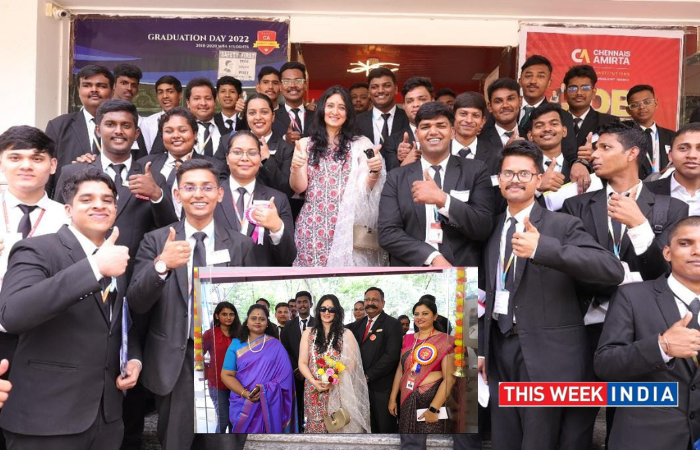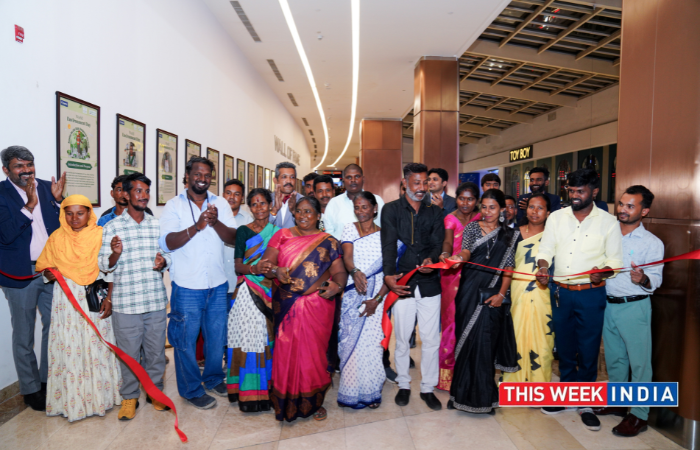Bangalore , 8th December 2021: Cactus Communications (CACTUS), a technology company accelerating scientific advancement, has announced its transition to a remote-first company for all its 1,200 employees across nine locations globally. It is one of the first companies in India to join a small but growing list of firms across the globe that are embracing remote-first— companies that have office locations but do not require their employees to work from them.
“Three hundred and twenty people joined CACTUS in the seven months leading up to October 2021, and 50% of our new hires are from locations where we don’t have physical offices, such as Jaipur, Hyderabad, Ahmedabad, Chennai, Kolkata, Pune, and many others,” said Yashmi Pujara, Chief Human Resources Officer at CACTUS. “Remote-first does not mean that we will not have offices or that our people can’t work from an office. It means that in everything we do at work, we will adopt a remote-first mindset, making sure everyone, regardless of where they are working from, has an equal voice and visibility in the organization.”
“We believe that talent is everywhere, opportunity is not,” continued Pujara. “We are now no longer restricted to specific geographic locations, and we can provide opportunities wherever we find the right talent. In fact, our people are currently spread across 14 countries and 165 different cities. In India, our employees are currently working out of more than 130 cities.”
The move will see CACTUS expand its recruitment across the globe and pioneer new, post-pandemic working practices, including work from anywhere, asynchronous communication, and more. Through this move, CACTUS also aims to create employment opportunities in smaller towns where such opportunities might be scarce, thereby mitigating the multiple challenges posed by workforce migration to overpopulated big cities and contributing to a more fulfilling and sustainable future for the employee, organization, and planet at large.
“While the world was forced into an 18-month experiment with remote work, we’ve been thinking about embracing remote-first for a long time,” said Abhishek Goel, CEO and Co-founder, CACTUS. “The primary reason behind our adoption of a remote-first culture is our evolution as a global company. When too many people are concentrated in a specific office location, the loudest voices are the ones closest to you. With customers in over 160 countries, we want to be close to them and responsive to their needs. We also want employees across the globe to contribute equally to the direction of the company.”
To develop a remote-first model, the company surveyed employees to better understand their work preferences and challenges. Leaders found that 86% of employees wanted flexibility in how and where they worked, with 38% preferring full-time remote work. A core team then benchmarked other remote-first companies and spoke with industry thought-leaders to learn best practices. Several pilots on various work practices were introduced to gain insight on what would work best for the company. This included everything from introducing virtual water cooler events and virtual whiteboards to creating a communications charter, designating remote champions, developing guidelines on asynchronous communication, and launching a remote-first handbook. The company also created a new role, Head of Remote-First, hiring Jason Morwick to lead the company’s transition.
“For many people, working remotely during the pandemic has highlighted just how much of a rethink working practices need going forward,” said Jason Morwick, Head of Remote-First at CACTUS. “Businesses cannot replicate what they used to do face-to-face over a video call. Before the pandemic, people would gather in a room in front of a whiteboard to discuss an idea or problem, but that rarely works over a video call. Now, we are revising the process – how we are developing solutions. If done correctly, we believe that we can accelerate our business decision-making while engaging a larger number of employees.”









